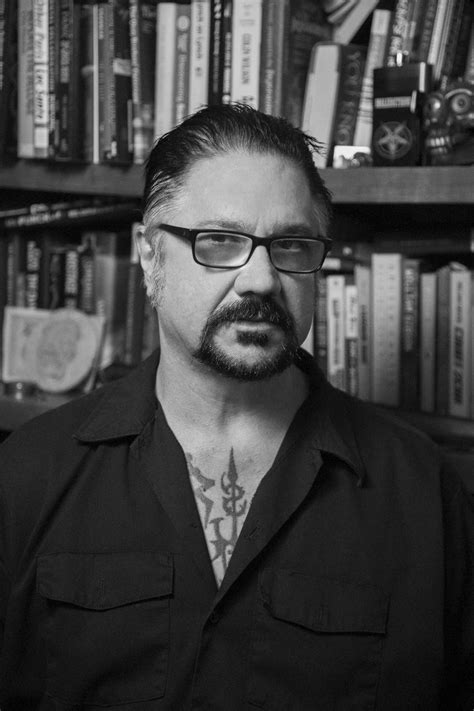A Quote by Charles Kingsley
Depend upon it, a man never experiences such pleasure or grief after fourteen years as he does before, unless in some cases, in his first lovemaking, when the sensation is new to him
Related Quotes
My father's life was changed right before my eyes [when he trusted Christ]. It was like someone reached down and switched on a light inside him. He touched alcohol only once after that. He got the drink only as far as his lips and that was it-after forty years of drinking! He didn't need it any more. Fourteen months later, he died form complications of his alcoholism. But in that fourteen-month period over a hundred people in the area around my tiny hometown committed their lives to Jesus Christ because of the change they saw in the town drunk, my dad.
Scientific discovery is a private event, and the delight that accompanies it, or the despair of finding it illusory, does not travel. One scientist may get great satisfaction from another's work and admire it deeply; it may give him great intellectual pleasure; but it gives him no sense of participation in the discovery, it does not carry him away, and his appreciation of it does not depend on his being carried away. If it were otherwise the inspirational origin of scientific discovery would never have been in doubt.
Daddy looked at her hard, and right before my eyes, he changed. I watched him inflate again, shake off his own emotions and puff himself up for her. Become her man. Her rock. I smiled. I loved him so much. He'd dragged mom kicking and screaming from grief once before and I knew I could rest easy that he would never let grief steal her from him again. No matter what happened to me.
Revenge is never what you think it's going to be. There's no pleasure and glory, and when it's done your grief remains. Once a man does the things you're talking about, he will never be the same, and he can never go back to who he was before. Worst of all, no matter how many enemies you kill, you are never satisfied. There is always one more who deserves it. When it becomes too easy to kill, it never ends.
One can't prescribe books, even the best books, to people unless one knows a good deal about each individual person. If a man is keen on reading, I think he ought to open his mind to some older man who knows him and his life, and to take his advice in the matter, and above all, to discuss with him the first books that interest him.
His epitaph: This tomb hold Diophantus, Ah, what a marvel! And the tomb tells scientifically the measure of his life. God vouchsafed that he should be a boy for the sixth part of his life; when a twelfth was added, his cheeks acquired a beard; He kindled for him the light of marriage after a seventh, and in the fifth year after his marriage He granted him a son. Alas! late-begotten and miserable child, when he had reached the measure of half his father's life, the chill grave took him. After consoling his grief by this science of numbers for four years, he reached the end of his life.
A man's real faith is never contained in his creed, nor is his creed an article of his faith. The last is never adopted. This it is that permits him to smile ever, and to live even as bravely as he does. And yet he clings anxiously to his creed, as to a straw, thinking that that does him good service because his sheet anchor does not drag.
No benefit comes from a just man's prayer if he who asks for it finds more pleasure in sin than in virtue. For Samuel mourned over Saul when he sinned, but he was not able to obtain God's mercy, for his grief was not supported by the necessary change of life on the part of the sinner. Hence God put an end to the pointless grief of His servant, saying to him, 'How long will you mourn for Saul, seeing I have rejected him from reigning over Israel?' (I Sam. 16:1).







































